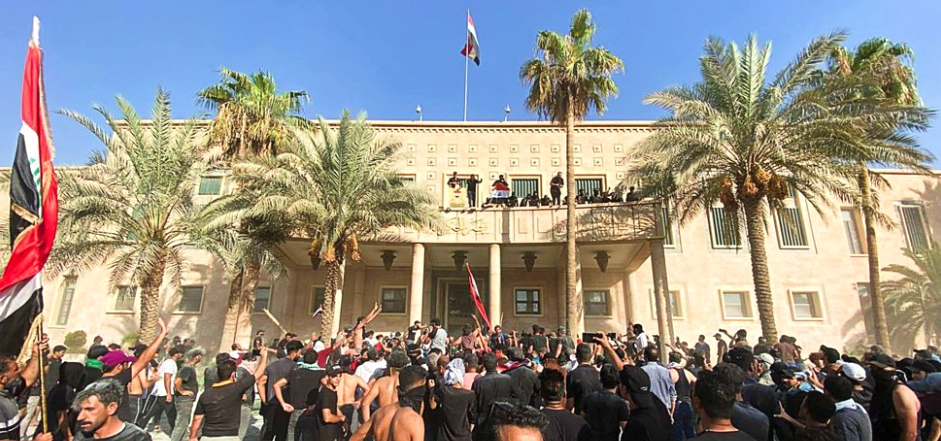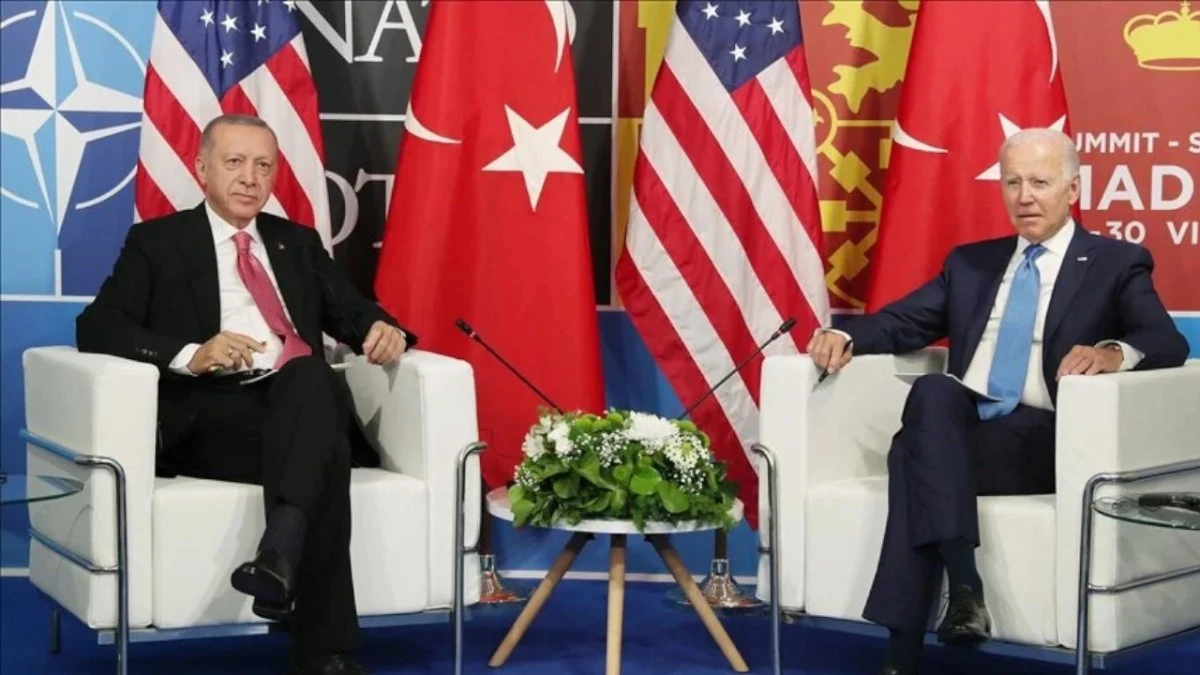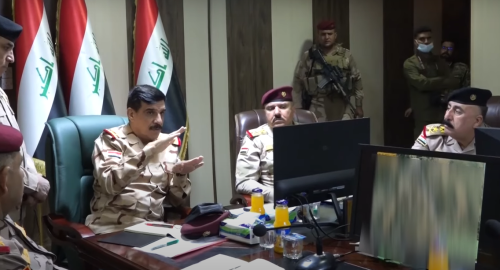Tuesday saw widespread praise from Iraqi and foreign authorities for Shiite cleric Moqtada al-Sadr for putting an end to his supporters’ protests in Baghdad following the violence that broke out on Monday.
With one exception, all Iraqi parties hailed the action as “national” and said it had prevented violence in the country.
Only Sadr’s longtime opponent and former prime minister Nouri al-Maliki criticized the cleric.
“Force cannot impose a political reality against the will of others,” he declared.
“The one who sparks the war cannot be the one to stop it, control its course or reap its spoils,” he added.
- Short course of anti-aging treatment at a young age found to be more effective
- Gorbachev, the last leader of the USSR, dies
- 7 Great Mysteries of the Universe
- 6 Misconceptions About Sugar Consumption
Rather, he said internal and foreign factors are responsible for starting or halting the “bloody scene.”
Maliki praised the PMF for their “commitment and discipline” and cool-headed reaction to challenges.
He also expressed gratitude to the military personnel “who shown remarkable discipline and patience as they faced arbitrary fire and rockets.”
Sadr’s action, in contrast, was praised by acting Prime Minister Mustafa al-Kadhimi, who said it “reflects the greatest levels of nationalism and keenness on preserving Iraq.”
After a major escalation of the country’s political crisis, Sadr’s armed supporters started to leave the streets on Tuesday as they engaged in street combat with security forces in the capital.
After two days of violent violence, Sadr warned his supporters to evacuate the government quarter amid fears that instability would spread throughout the nation and even the region.
Within minutes, people were observed responding to the summons, taking down their tents, and leaving the “Green Zone.”
Concerns about how matters like the dissolution of parliament and the calling of early elections will be handled between opposing groupings were highlighted by Sadr’s attempt to defuse tensions.
In an address late on Tuesday, Kadhimi promised to resign if the political situation persisted.
The pro-Iran Coordination Framework protesters who had been backing Sadr’s opponents left their demonstration outside the government zone as well.
Iraq’s government has been deadlocked since Sadr’s party won the largest share of seats in October parliamentary elections but not enough to secure a majority government. That led to months of political infighting between Sadr’s Shiite followers and his Iran-backed Shiite rivals before it became violent Monday.
The chaos began when Sadr announced he would resign from politics. Many dismissed the move as a ploy to gain greater leverage, and his supporters stormed the Green Zone, home to Iraqi government offices and foreign embassies. They eventually breached the gates of the government palace, rushing into its lavish salons and marbled halls.
At least 30 people were killed, officials said, before Sadr urged those loyal to him to go home, following pleas for restraint from several Iraqi officials and the United Nations.
“This is not a revolution,” the cleric said in a televised address.
Kadhimi said an investigative committee was formed to uncover who shot at al-Sadr’s supporters during protests Monday, “despite our clear and strict orders prohibiting the use of live ammunition.”
“It is also imperative to determine who opened fire and launched rockets and mortars on governmental institutions throughout the night,” he said in the speech. “Undisciplined groups will face legal consequences.”
In addition to the dozens killed, over 400 were wounded, two Iraqi medical officials said Tuesday.
Sadr’s initial announcement that he would leave politics implicitly gave his supporters the freedom to act as they see fit. His speech on Tuesday effectively reined them back in.
President of the Kurdistan Region Nechirvan Barzani praised Sadr, saying he supports his “national and responsible position” to withdraw his followers.
He reiterated his call for dialogue to all parties and forces to resolve the country’s political crisis and “save Iraq from this difficult situation.”
Head of the Fatah Alliance, Hadi al-Ameri lauded Sadr’s “brave initiative” to put an end to the violence. “It came at a critical time when the enemies were keen on expanding the fighting between brothers,” he remarked in a statement.
Head of the Sovereignty Alliance, Khamis Khanjar praised Sadr’s “historic” speech to end strife.
“It is time for national forces to begin forming a new phase that paves the way for early elections,” he tweeted.
Arab League Secretary-General Ahmed Aboul Gheit praised Sadr’s call to end the violence in Iraq, calling on all parties to comply with it.
The United Nations Assistance Mission for Iraq welcomed Sadr’s announcement, tweeting: “Restraint and calm are necessary for reason to prevail.”
the source used to create the news story: https://english.aawsat.com




